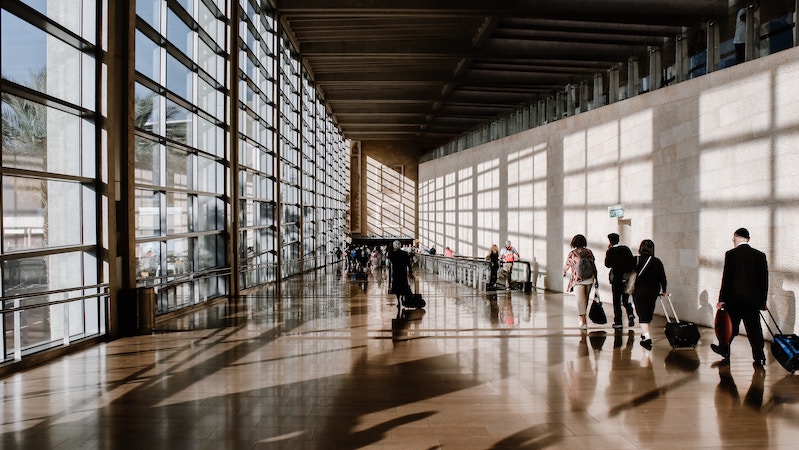
Canadian summer getaways are facing a double whammy this year as rising inflation and travel disruptions cast a shadow over vacation plans.
With prices on the rise, one-third of Canadians changed or cancelled their vacation plans, according to a recent Leger survey reported in the National Post.
Of those who have changed their vacation plans, 46 per cent are also cutting back on dining out, found the July survey of 1,526 Canadians.
Although inflation slowed to 2.8 per cent in JUN, Statistics Canada reported a notable surge in grocery prices, with a 9.1 per cent increase last month.
Canadians who do plan to go on vacation are overwhelmingly choosing nearby destinations, with almost 70 per cent intending to stay within Canada, reports the Financial Post. Only 31 per cent said they plan to travel abroad this summer.
Additionally, 43 per cent of respondents opted for more affordable accommodation options, while 41 per cent have cut back on activities and attractions and 39 per cent have chosen to take shorter trips to manage their expenses effectively.
A (scaled-down) summer vacation is available for some, but not all
A recent survey from Ipsos found that seven in ten Canadians (71 per cent) say they really need a vacation – which is higher among households with kids compared to those without (83 per cent and 68 per cent, respectively). However, only six in ten (58 per cent) think it’s likely they will be able to go on a vacation this summer.
Further, a quarter (24 per cent) of Canadians said they believe there is no scenario where a vacation is affordable for them this year. However, among those who say they can’t afford a vacation, 8 per cent still say it’s likely they will go on vacation this summer, potentially placing themselves in a challenging financial situation.
Flight disruptions add further hurdles to Canadians' summer plans
While inflation poses a significant challenge, it is not the only obstacle cited in the survey.
The Leger survey revealed that nearly half of the respondents harbour concerns about the reliability of airlines regarding departures and arrivals. These concerns are not unfounded, as six in 10 Canadians who have taken a flight in the past year reported experiencing flight delays, while two in 10 encountered flight cancellations. Further, almost two in 10 individuals endured baggage delays and an additional 10 percent had to deal with lost baggage.
These challenges have been exemplified by recent incidents, such as the disruptions witnessed over the Canada Day long weekend.
As Open Jaw reported, thousands of flights across Canada were delayed or cancelled over the holiday weekend. Air Canada alone delayed or cancelled nearly 2,000 flights, prompting passengers to share images on social media of lengthy queues and crowded terminals reminiscent of the chaos witnessed last summer.
Given these disruptions, more than half of Canadians said they are looking to book only direct flights.
The travel industry adapts and improves
Despite these obstacles, the travel industry has been taking steps to address the concerns of Canadian vacationers.
In MAY, Greater Toronto Airports Authority (GTAA) president and CEO Deborah Flint said Pearson had hired 10,000 new employees since the previous summer to handle rising demand, as well as modernizing some of its systems. At a mid-summer performance update on 18JUL, Flint said these operations have helped increase baggage system reliability, cut security wait times and decreased holds on board aircraft, as Open Jaw reported.
Security wait times in T1 and T3 have improved since 2022, with over 90 per cent of passengers clearing security in less than 15 minutes during the week of 03JUL, as per the latest data from the Canadian Air Transport Security Authority (CATSA).
Customs wait times have also seen substantial improvement, with an average wait time of just seven minutes. Gate holds, where passengers are held on the aircraft, have decreased by over 97 per cent, with only one gate hold recorded at Pearson during the week of 03JUL, according to CATSA data.
In comparison, during the same week last year, 34 flights were held at the gate for an average hold time of 10 minutes.
Updating its baggage infrastructure has been a focus for the airport, Flint recently reported, with the average wait time for all bags arriving at the carousel decreasing to an average of 20 minutes, down from 26 minutes for the same period last year.





